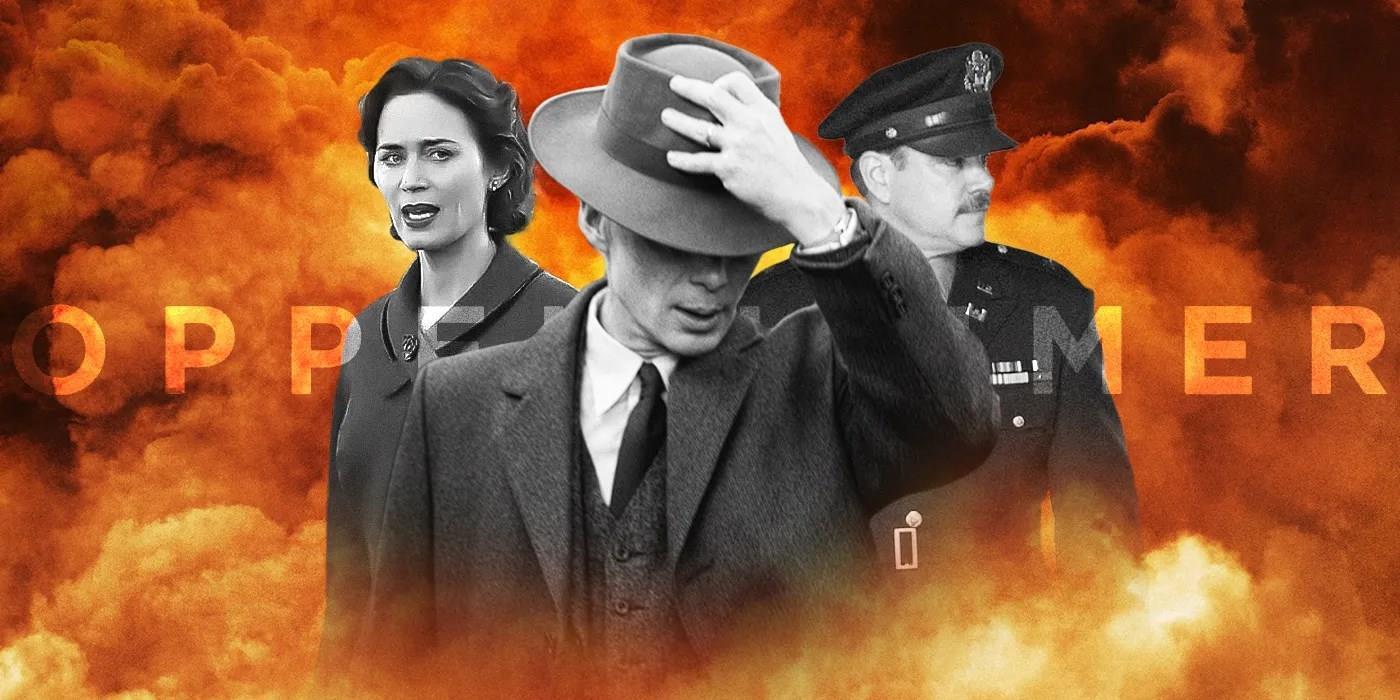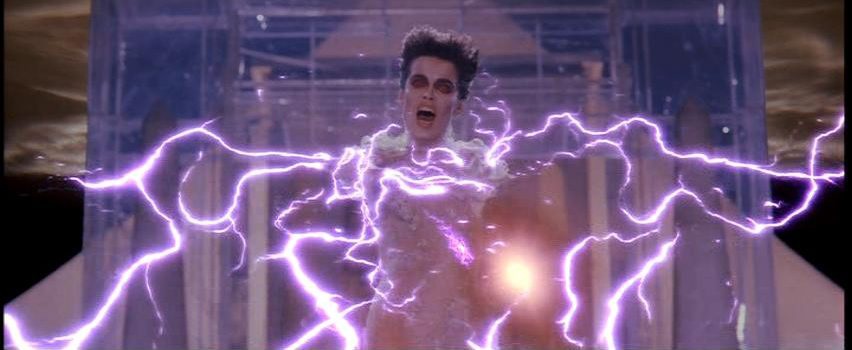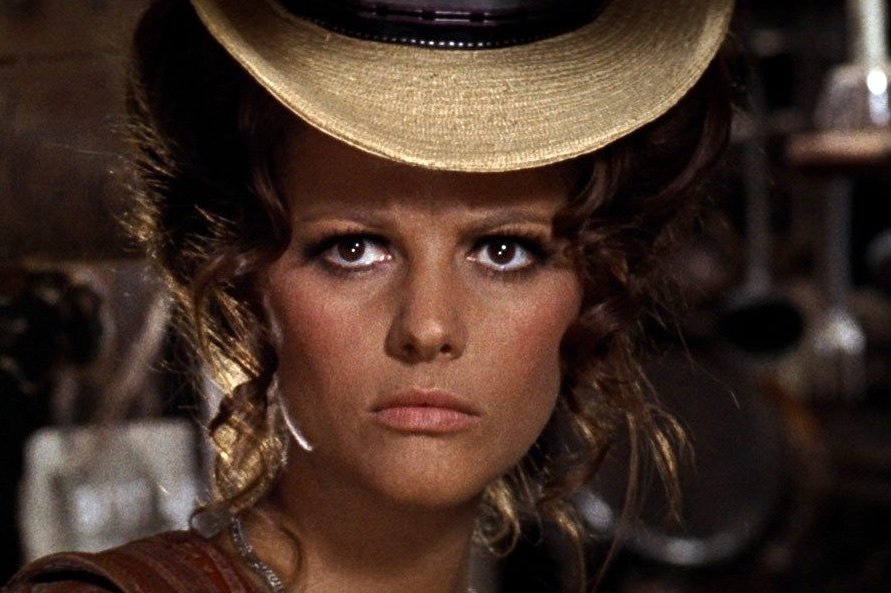
An amusing anecdote helps explain why this is such a must-see movie. While being treated for muscle pains, I talked to my doctor about the new Mission Impossible movie, and he noted how old and yet physically fit Tom Cruise was.. Contrast to us Egyptians, who are younger but with aching bodies. Then he advised me to watch Oppenheimer (2023) if only for the stunning, out-of-this-world visuals.
By Emad Aysha
Many movies have been made about the Manhattan Project and the genius behind it all, but it’s a topic that never gets old and a time in history we can never allow ourselves to forget. And no one who watches this movie will likely forget anytime soon.
The movie is captivating, and that’s putting it mildly. Christopher Nolan turns a period drama into a thriller, typically for him looping the past into the present. You have Oppenheimer (Cillian Murphy) being grilled in the 1950s over renewing his security clearance because of his checkered past while remembering that past in tandem.
How he ended up in charge of the A-bomb project, with another parallel track involving Lewis Strauss, the man screwing Oppenheimer so he can get a cabinet position – this is a very cleverly and cunningly disguised Robert Downey Jr. It took almost an hour to recognise him. He’s that chameleon-like here.
Hats off to Chris Nolan, yet again. He’s outdone himself and everybody before him who’ve made movies about the Manhattan Project and McCarthyist witch-hunting. The key, as always, is timing, his ability to stop you from feeling that this was a 3-hour movie. You’re on the edge of your seat, and you know it. You never get bored, and you never want it to end.
The movie is a visual experience, allowing you to look into the great man’s mind, but it is also critically an audio experience. You can ‘feel’ what he sees, the possibilities that haunt him and the mysteries that intrigue and tempt him. (The close-ups help in this regard too).
The first time you hear Cillian Murphy speaking, you think of Oppenheimer’s voice with its distinct intonations, eccentricities, and accent. As for Robert Downey Jr., one of the reasons I couldn’t tell it was him was his voice.
It didn’t sound like him, and Downey Jr. has a distinctly smooth, polished and pompous voice that we all know and love from Ironman – where he’s playing essentially himself. Not so here.
Some of the dialogue scenes were hard to understand thanks to the music, true enough, but the sound aspect brought the movie and the moral weight and terror of what they were doing to light. It’s also the right combination of proper orchestral and atmospheric synth music, emphasising good old-fashioned melodies. That’s also important for another reason, bringing back the world of the movie, which was a world of jazz and classical music, not rock and pop and the electronic soundscape.
Then there’s the acting. Cillian Murphy has always deserved a movie of his own, and he gets it here, playing an atrociously complicated man who doesn’t even understand himself and runs away from responsibility – from the bomb to the people he hurts. He’s more than Oppenheimer here. He’s America, a country struggling to put its sordid past and excess ambitions behind it.
Hence his quip about giving Los Alamos back to the Indians and his homesickness and attempt to live the cowboy lifestyle. (I think that’s also behind his hostility to his English professor, older, wiser mother nation that it is; the poisoned apple is a Biblical motif of Adam and temptation). His whole kangaroo court of a hearing references what is happening now with domestic spying, secret evidence, torture, terror finance and the love-it-or-leave-it attitude towards immigrants. Even Einstein (Tom Conti) gets the point, not to mention incinerating the planet through nuclear proliferation or global warming.
A special shout out to Kenneth Branagh as Niels Bohr, someone who eats up all the attention in the room without saying a word. You see him; you know you’re simultaneously in the presense of greatness and humility. Everybody in this movie was great, from the most central to the most peripheral characters.
Even Alden Ehrenreich, the boy who almost singlehandedly ruined Solo: A Star Wars Story (2018), was excellent here, along with Josh Hartnett and Matt Damon, who retain their annoying boyishness to a fault and are neither unequivocally good nor bad as people. Gary Oldman was excellent as a grumpy, yokel Truman as well.
The women were good too and grumpy – Emily Blunt and Florence Pugh – though not quite as sexy as they should be. His relationship with the second one, driving her to suicide by refusing to take sides, is a preface for what comes next with the decision to use the bomb.
As I said, a moral gem of a movie but also a levelled treat deploying humour when it’s sorely needed, like in the Kyoto vacation scene. Nolan doesn’t clobber you over the head but instead squeezes your heart. My eyes welled up with tears when they showed Oppenheimer and the scientists precisely what the bomb did without us having to see a single image.
Same for the statistics quoted during the trial. Then the ending, the plot of plot twists, and you were left glued to the seat, unable to get up from the horror of what could follow. Even with the Cold War gone, we’re still in the nuclear era and have other man-playing-God-type problems thrown up by science.
Just ask Tom Cruise. And just as he’s needed to get your physical health back on track, we need Chris Nolan to save what’s left of our mental and moral health.






